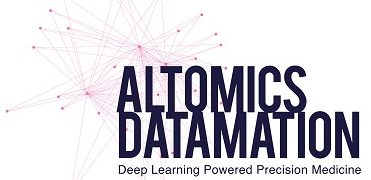
Scott Altmann, PhD – Chief Scientific Officer
Dr. Altmann has thirty years of experience in the biopharma industry specializing in drug target discovery based on his expertise in lipoprotein biology, protein structure and informatics. He led the scientific team that discover the molecular target and mechanism of action of Ezetimibe, an LDL-cholesterol lowering drug with annual peak sales over $5B prior to patent expiration. Dr. Altmann is credited for the taking an unconventional approach that was ultimately responsible for this successful scientific project. In 2004 the journal ‘Science’ published the paper entitled, “Niemann-Pick C1 Like 1 Proteins Critical for Intestinal Cholesterol Absorption” detailing the novel genomic/bioinformatic strategy which brought to conclusion a ten year, ineffective, industry-wide effort to find the Ezetimibe target protein. The project culminated in additional publications and eight issued patents protecting the therapeutic franchise. At the conclusion this research program, Dr. Altmann realigned his team’s focus on the science of HDL and managed several multidisciplinary project programs.
In 2010, Dr. Altmann left his position to found HDL Apomics, a biopharma company focused exclusively on platform development of a proprietary HDL diagnostic. His strategic approach builds on the realization that developing an accurate HDL clinical measurement is, in fact, the critical issue to be solved should the future of therapeutic intervention targeting HDL have any chance for success. This re-imagined molecular diagnostic, as a high-throughput multiplex array, may be the only tangible means capable of quantifying HDL particle diversity and heterogeneity. In furtherance of the ongoing molecular biology work, Dr. Altmann has also created an extensive knowledge base for use in data interpretation based on a novel relational PPI network model. The model and accompanying diagnostics dataset is precisely designed to be compliant with machine learning and potential offering of AI assisted diagnosis for a variety of polygenic diseases. The amassed dataset has been utilized to initiate database and algorithm development and in doing so has led the Altomics Datamation team to conclude that the informatic tools under development for the purposes of HDL diagnostics could serve a much greater purpose and should apply to a broader range of scientific research programs.
